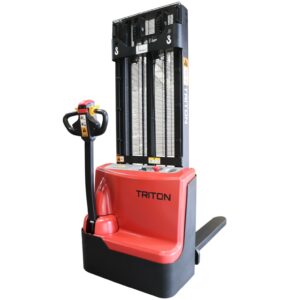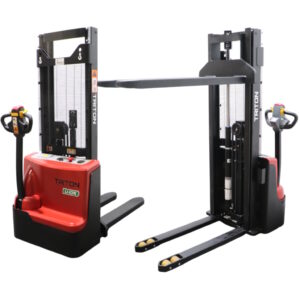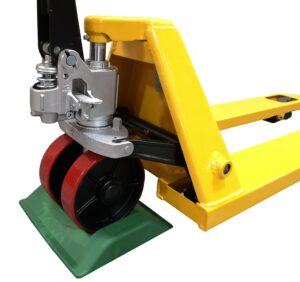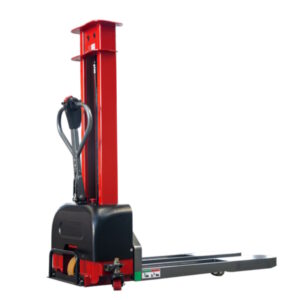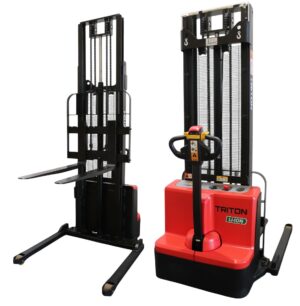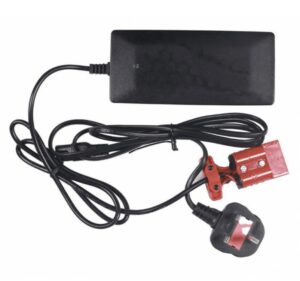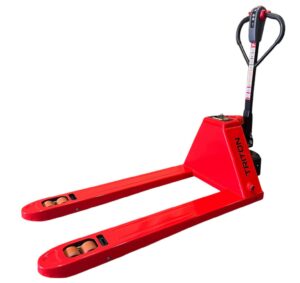The Health and Safety Executive has identified that the loading and unloading of goods is the highest risk activity commonly carried out in the most areas of industry. It can account for up to 30% of all workplace transport accidents, and cost businesses millions in insurance costs and sick pay. In the run up to Christmas, with surges of deliveries and an increase in often less experienced seasonal staff, many experts and managers are calling for adequate training to recognise the risks involved with loading and unloading vehicles and electric or pallet trucks.
The area surrounding a loading bay always requires special safety attention, as there is so much going on. Deliveries arrive, pallet trucks are loaded, vehicles depart, trucks are unloaded and manoeuvred out of the area; it can become chaotic unless the correct safety systems are in place, and unless all members of staff fully understand their role. There is also the added complication of visiting drivers or staff members from outside firms, who work in different ways and aren’t used to the home company’s methods. With each new delivery comes a new set of potential issues that need to be properly dealt with to ensure the safety of workforces at such a busy time.
It’s vital for all involved in the delivery or distribution of goods to understand procedures, to be able to spot problems and to know what to do about them to reduce the risk of accidents. This applies to both permanent and temporary staff, pedestrians, pump truck operators and other loading staff. The added pressure of Christmas is no excuse for lax safety procedures; the extra work may multiply the risk of accidents, but if the correct safety methods are addressed, the likelihood of accidents will decrease.
The Health and Safety Executive has recommended some special safety measures which everyone working in a loading bay should familiarise themselves with. These include additional risk assessments, the risks posed by visiting drivers, and arming all staff with the appropriate knowledge and confidence to be able to stop work if they have any concerns whatsoever. Many companies are holding extra training sessions for their existing workforces, as well as in-depth safety demonstrations for any temporary Christmas staff they may take on to deal with the large volume of orders. Backed by the Fork Lift Truck Association, as well as Mentor Training’s Technical Manager Steve Baldwin, the campaign to ensure safety in and around loading bays this Christmas is well underway, and is aiming to vastly reduce accidents and injuries in this most pressured of environments.

